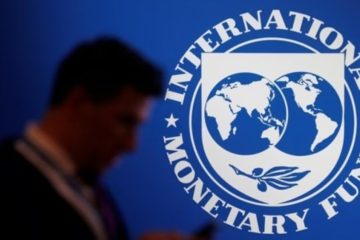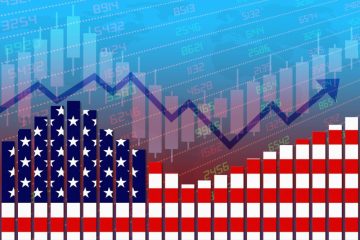United States imposes significant tariffs on solar imports from Southeast Asia

The United States has expanded its trade conflict with China by implementing significant tariffs on solar imports from four Southeast Asian nations, where manufacturers from the mainland have established factories in recent years. Tariffs reaching as high as 3,521% on imports of solar cells from Cambodia, Thailand, Vietnam, and Malaysia would render these products effectively unmarketable to U.S. consumers. This comes after a yearlong investigation conducted by the U.S. Department of Commerce into allegations from American producers that Chinese firms in those nations were engaging in the practice of dumping solar cells and panels in the U.S. at prices that are artificially low.
China has emerged as the primary focus in a trade conflict initiated by the U.S. this year, stemming from perceptions of inequitable trade practices employed by numerous trading partners, including several of Washington’s allies. The reciprocal imposition of tariffs by the White House and Beijing poses a significant risk of stalling a substantial portion of trade between the world’s two largest economies. The solar tariffs announced Monday reflect apprehension in the U.S. regarding China’s potential to circumvent punitive tariffs by increasing exports through a global network of factories that it has developed in recent years.
The American Alliance for Solar Manufacturing Trade Committee submitted a petition last year seeking protection against what it described as China’s “harmful trade practices.” The industry group contended that Beijing’s industrial policy has resulted in significant subsidization within the solar sector in China and Southeast Asia, posing a threat to the U.S. solar manufacturing industry. The newly imposed duties are a direct result of the commerce department’s findings indicating that certain Chinese producers have been routing solar products through Southeast Asian nations to circumvent previously established tariffs.
The U.S. has emerged as a profitable arena for manufacturers of renewable-energy products, bolstered in part by initiatives implemented by the Biden administration, including the Inflation Reduction Act. In states such as California and Massachusetts, solar energy constitutes over 15% of the electricity generated. In the previous year, the Biden administration made initial determinations to impose countervailing duties on solar panels and cells manufactured in four Southeast Asian nations, with rates varying from 0% to 300%.
The recent tariffs instituted by the Trump administration affect a number of firms operating in Southeast Asia. Certain producers in Cambodia encounter tariffs exceeding 3,500%. This occurs during a particularly difficult period for the solar industry as a whole. Since regaining office, President Trump has initiated an energy policy that may significantly boost demand for solar panels, particularly by removing specific obstacles to coal mining that some analysts believe will delay the shutdown of coal-fired power plants. Recently introduced tariffs on most U.S. trading partners are anticipated to increase the costs associated with new clean-energy projects, including solar.









